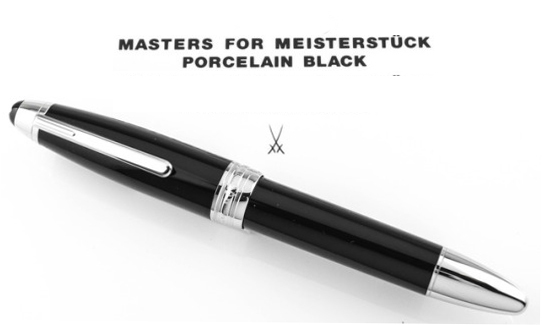3
Finally, in mid-October, we were notified that my visa waiver had been approved and my departure from Cuba was impending. I had mixed feelings about leaving my family behind under such a precarious state of affairs, but was prevailed upon by my parents, who insisted that my first and greatest duty was to go to Miami and rescue my brother. I bowed to their pressure, but also was somewhat egotistically glad to leave Cuba’s hellhole behind. On Saturday, October 20, 1962 I received a telegram (the government official notices to departing citizens came by telegram, frequently in the dead of night) setting my departure for a week hence, on October 27. I was to present myself at the office of Pan American Airways and purchase a ticket for the flight.
4
On Monday October 22 I arrived at the Pan Am ticket office and found it in turmoil, with literally dozens of people roaming around, begging and arguing in increasing loud voices as they tried to get on a flight out of Cuba, although in most cases they were not authorized to travel and Pan Am was unable to honor their requests. It took a couple of hours for me to clear past the mob and reach the window. Five minutes later, I was on my way home, airline ticket in my pocket and a deep feeling of relief in my heart. I arrived home in time to listen to the evening newscast from the Voice of America on the short-wave radio that we hid in the kitchen. The news came on: its first item was the voice of President Kennedy announcing that the United States was imposing a naval blockade on Cuba to prevent the arrival of Russian ships, now in the middle of the ocean, that carried nuclear warheads with the intent of deploying them on the missiles already in place in Cuba, aimed at the United States.
The following morning the Cuban government cancelled all commercial flights in and out of Cuba. The Pan Am office where I had just purchased my ticket was closed.
5
As the gravest military confrontation the world had seen unfolded, my family experienced a crisis of its own. Like all Cubans, we feared that if there was open warfare between the United States and the U.S.S.R., Cuba would certainly be wiped off the face of the earth. But I faced an additional, personal threat. I was marooned in Cuba and everybody in government knew that I was a traitor that had been trying to leave the country. If there was any military action, I would be one of the first people to be rounded up and jailed, as had happened in 1961 during the Playa Girón invasion, when thousands of disaffected Cubans throughout the island were rounded up and caged for several days under threat of execution. We hardly slept those terrible days, as brinkmanship between the two top world powers brought the planet to the verge of ruin.

